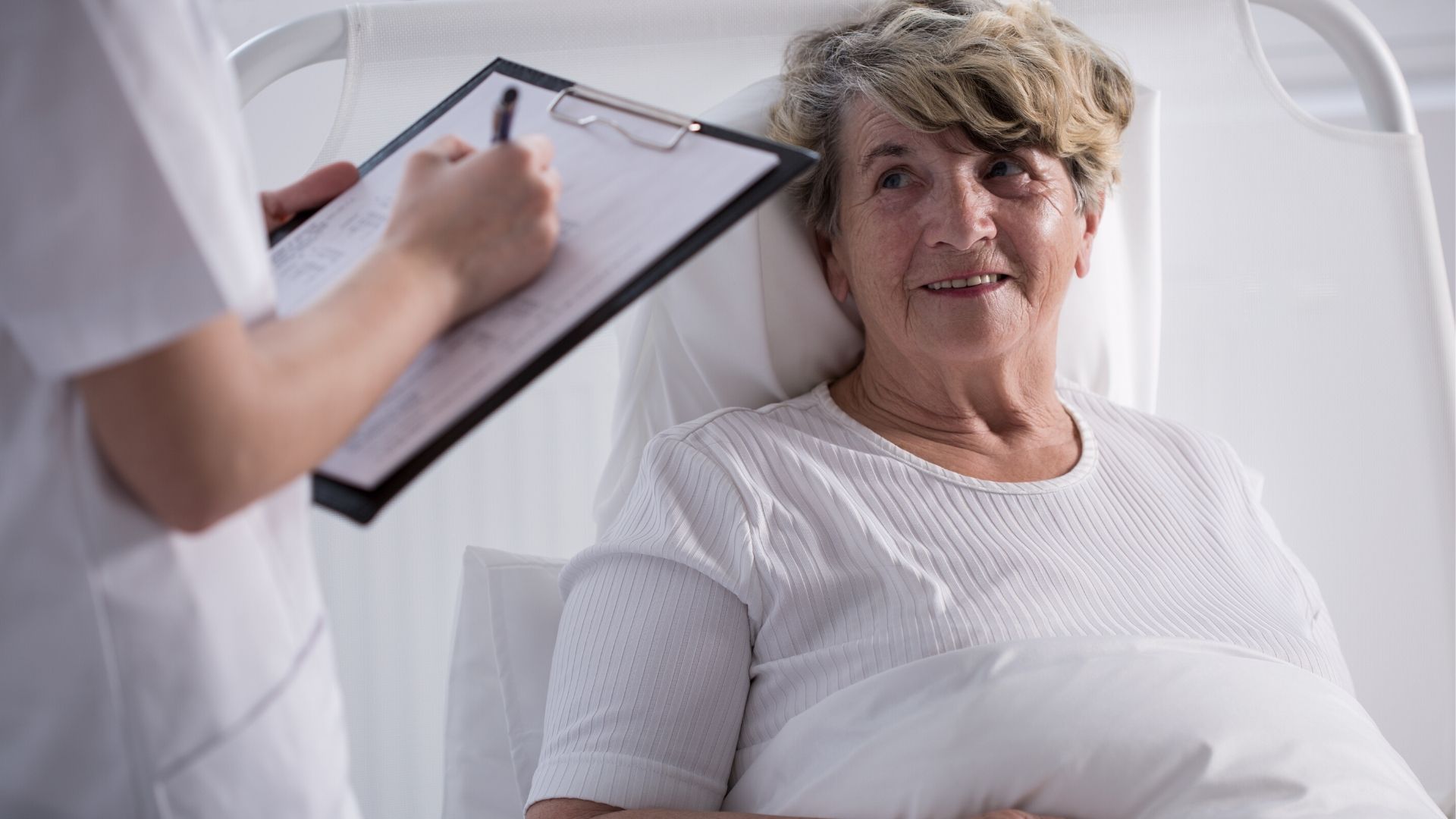Coping with side-effects of metastatic prostate cancer

On this page:
Urinary problems
Some of the symptoms you might experience include:
- A slow flow of urine (pee)
- Difficulty emptying your bladder
- Sudden need to pass urine with little warning
- Dribbling after passing urine
- Getting up at night to pass urine
Acute urinary retention
Acute urinary retention is where you cannot pass urine at all. This may be due to the cancer pressing on the tube which drains the bladder (the urethra), making it more narrow than normal. You need to go to the hospital emergency unit where they will fit you with a small, thin tube (urinary catheter) to drain your bladder, or your homecare team may do this for you.
Bone pain
Bone pain, for example a nagging ache in your bone, can make it hard to sleep and can be sore when you move around. Pain in your bones can be caused by other things such as arthritis, simple sprains and everyday aches and pains as you get older. If you have a new ache that lasts more than a few weeks, talk to your doctor. They can organise tests to find the cause of the pain. Read more about bone pain and advice to help you.
Weakened bones
Cancer in your bone can cause weaker bones, which are more likely to break (fracture). Some cancer treatments, such as hormone therapy, can also weaken bones. You will probably be prescribed bone-strengthening drugs to protect your bones or treat weakened bones. There are also things you can do to look after your bones, such as taking some exercise and having a balanced diet with plenty of calcium and vitamin D. Read more about bone health and cancer.
Constipation
Taking painkillers, high calcium in the blood, eating less than normal or a lack of exercise can all cause constipation. If you have constipation, talk to your doctor or nurse as soon as possible, so that they can advise you and give you medications to help, if you need them.
Your dietitian can give you advice, and you can read more on coping with constipation.
Fatigue
Fatigue means feeling extremely tired most or all of the time. Fatigue is a very common symptom of cancer. We have lots of advice on coping with fatigue, and you can read our booklet Coping with fatigue.
Blood in the urine
You may notice blood in your urine (haematuria). This may be coming from your prostate gland. It can usually be controlled with surgery or radiotherapy. Let your doctor or nurse know if you have this symptom, so they can see if you need treatment.
Kidneys not working properly
Sometimes kidneys can be affected by prostate cancer. The prostate may obstruct your bladder or stop your kidneys from draining
properly, or the cancer may spread to lymph nodes near your kidneys. If your kidneys aren’t working properly it can make you feel
very tired (fatigue) or sleepy. Other symptoms include poor appetite, swollen ankles or feeling sick. These symptoms could be caused by other things, but it’s important to tell your doctor or nurse if you have any of these symptoms.
Treatment can help the urine to flow better from your kidney. This can be done by placing a small tube (stent) into the tube that drains the urine from the kidney into the bladder (ureter). Or you may have a tube called a nephrostomy (nef-frost-o-me) tube put into your kidney, which drains urine straight into a bag that sits outside your body. Radiotherapy may also help to relieve the blockage.
Hypercalcaemia (too much calcium in your blood)
Hypercalcaemia (hi-per-cal-see-mee-a) can happen if the cancer causes calcium to be released into the bloodstream from the bone, where it’s normally stored.
Signs of hypercalcaemia include:
- Fatigue and lack of energy
- Loss of appetite
- Confusion
- Constipation
- Thirst
- Passing urine frequently
- Feeling sick or vomiting
Tell your doctor if you’re having these symptoms. They could be caused by other things, but your doctor can check your calcium level with a blood test. If your calcium is too high you may need to be connected to a drip to get fluids into your blood. This can help to flush out the excess calcium. You may also get medicines called bisphosphonates, which can help to lower the amount of calcium in your blood.
Anaemia
This means that you have a lower than normal number of red blood cells in your blood. If you have anaemia you may feel tired (fatigued) and lacking in energy. You might become breathless while doing simple tasks and you may look pale. Your doctor will advise you on how to manage anaemia, if blood tests show your red cell count is low.
If the anaemia is more severe you may be given a blood transfusion. This means blood will be given to you through a needle inserted into a vein like a drip. You will usually begin to feel better after you have had a blood transfusion. Read more about anaemia.
Lymphoedema
If lymph nodes are removed or damaged during cancer treatment, or if the cancer has spread to them, they may not work properly. As a result, a backlog of fluid called lymph may build up in the tissues under the skin and cause swelling.
Lymphoedema from prostate cancer treatment usually causes swelling in one or both legs, in the tummy or around the genital area. This can happen soon after treatment or later on.
Tell your doctor if you notice any swelling or tightness in your leg, as it’s easier to manage lymphoedema when it’s treated early.
Prostate cancer can sometimes spread to your spine. In rare cases, this can lead to a complication called spinal cord compression. This is where the cancer presses on the nerves in your spine. Signs of spinal cord compression include:
Weakness, tingling (pins/needles) in your arms, legs or body
A narrow band of pain in your arms, legs or body
Unsteadiness on your feet or your foot going from under you
Difficulty using your arms or legs
Having no control over your bowels or bladder
Pain that moves down your legs or arms
It’s important to get treatment urgently if this happens, to avoid the nerves being damaged permanently. If you notice any of these symptoms, try to contact your doctor or go to your local emergency department straight away.
For more information
Phone
1800 200 700



